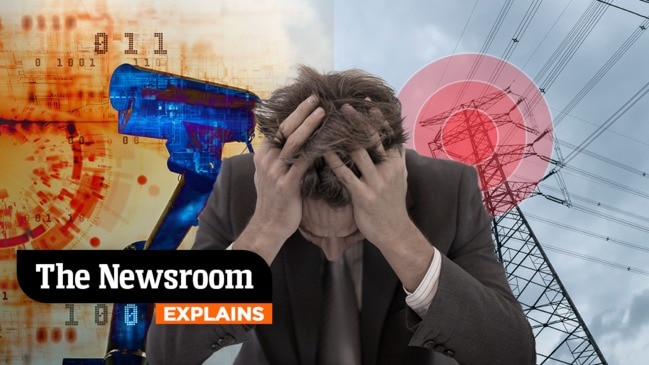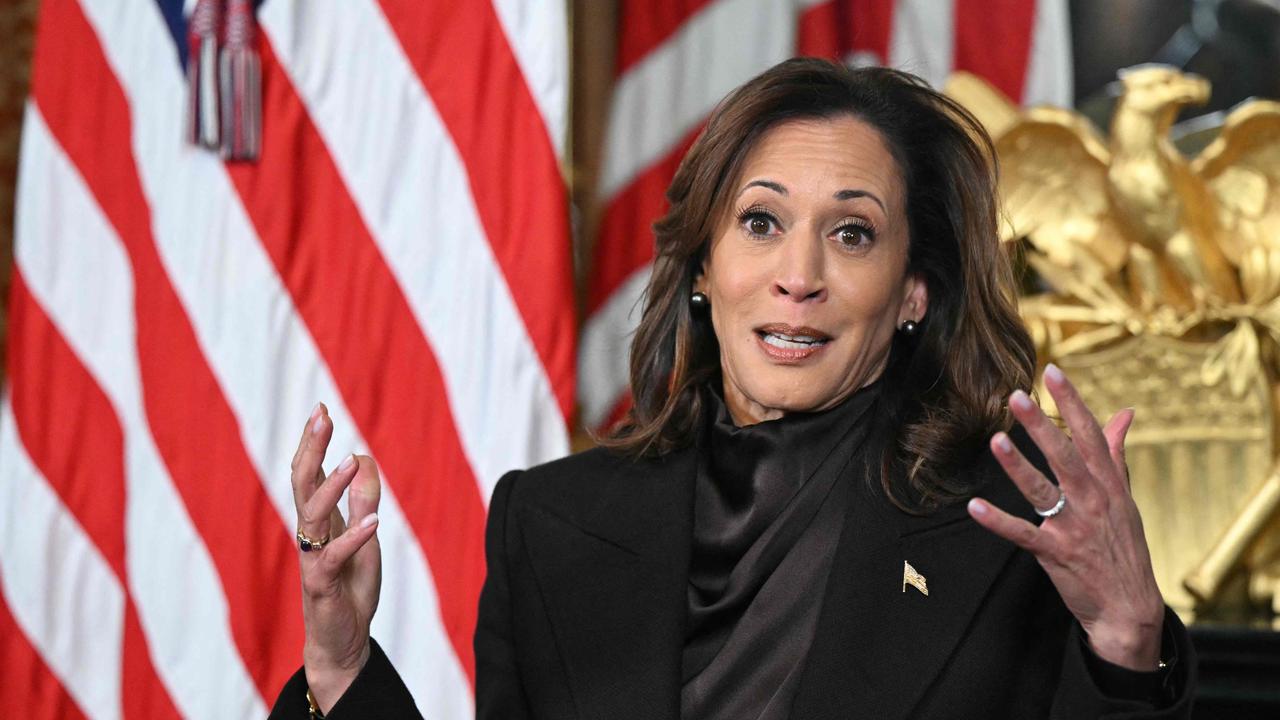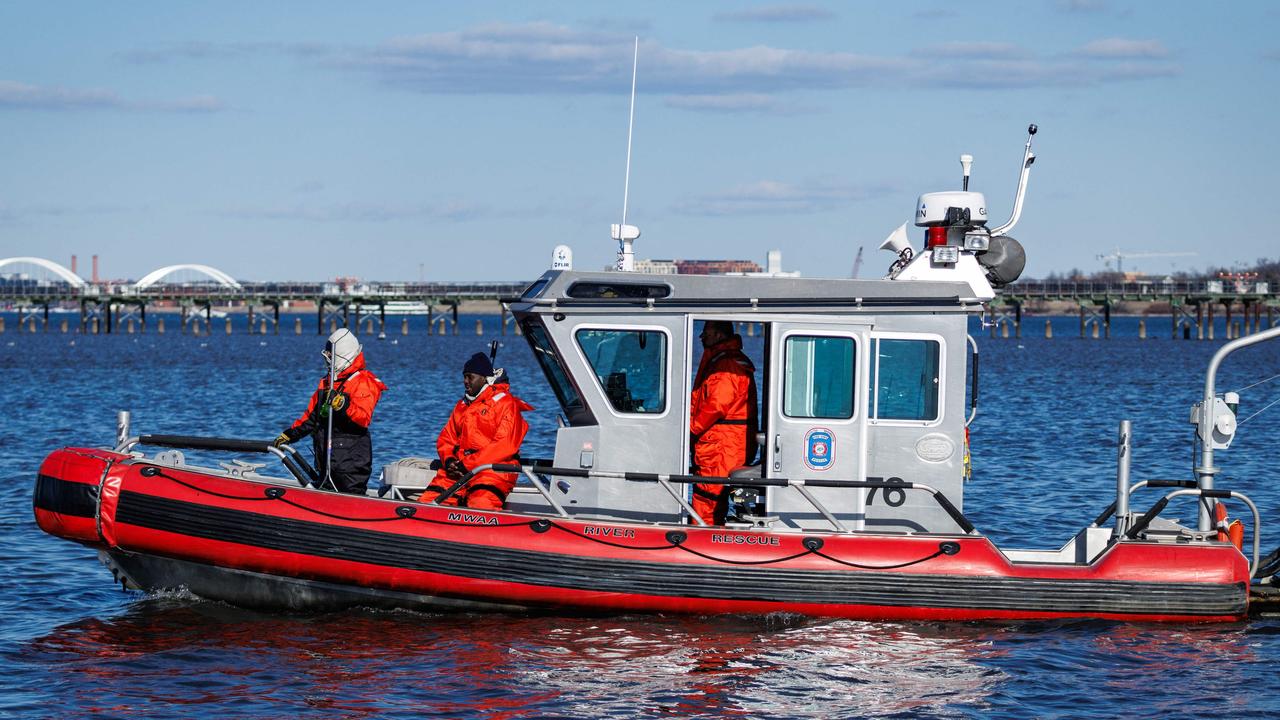Havana syndrome unlikely to have been caused by Russia, other US foes: CIA
A mysterious medical ailment that has struck hundreds of US officials worldwide is unlikely to be the work of the US’s foes, the CIA says.

A debilitating, mysterious medical ailment known as Havana syndrome that has struck hundreds of US diplomats, spies and other personnel worldwide was unlikely caused by attacks from Russia or other foreign adversaries, a CIA report says.
“We assess it is unlikely that a foreign actor, including Russia, is conducting a sustained, worldwide campaign harming US personnel with a weapon or mechanism,” a senior CIA official said on Thursday (Friday AEDT).
Instead, the agency concluded that other medical conditions, stress or unexplained factors could be behind the ailments that have been reported in roughly 1000 personnel, the official said.
While it didn’t find an orchestrated global attack, the agency is still investigating individual cases to determine whether a foreign actor was behind them.
“We are pursuing this complex issue with analytic rigour, sound tradecraft and compassion, and have dedicated intensive resources to this challenge,” CIA director William Burns said. “While we have reached some significant interim findings, we are not done. We will continue the mission to investigate these incidents and provide access to world-class care for those who need it.”
Havana syndrome is a set of unexplained symptoms, including headaches, dizziness, fatigue, nausea, anxiety and cognitive difficulties, first experienced by US State Department personnel stationed in Cuba in late 2016.
Many of those who have fallen ill have long complained that the government hasn’t taken their medical issues seriously. And some said they were disappointed by the agency’s latest findings.
“This report, no matter how you dress it up, pretty much shuts the door on an active effort by the CIA to attribute these incidents,” said Tim Bergreen, an adviser for Advocacy for Victims of Havana Syndrome.
Secretary of State Antony Blinken said that investigations would continue and that the State Department remained focused on providing care for those afflicted. “We have been working overtime to try to understand what happened and who might be responsible,” Mr Blinken said in Berlin, adding that the health and safety of US personnel and their families was his highest priority.
“There is no doubt in my mind that they have had real experiences, real symptoms and real suffering,” he added.
US personnel in China, Taiwan, Austria, Poland, Georgia and Russia have reported symptoms. Last year, the CIA evacuated an intelligence officer serving in Serbia who suffered serious illness consistent with the Havana syndrome. In October, a US official said at least two American citizens had been afflicted in Bogota, Colombia. And earlier this month, US officials in Geneva and Paris said they had been struck by a “possible anomalous health incident” – the US government’s formal name for Havana syndrome.
The incidents have led some officials to fear that a foreign intelligence agency – like Russia’s GRU military intelligence service – was behind the attacks. No one has publicly produced evidence tying any nation to the cases.
In 2020, a US scientific panel – tasked by the State Department and organised by the National Academies of Sciences, Engineering, and Medicine – identified “directed, pulsed radio frequency energy” as the most likely cause of the symptoms, contributing to fears that a foreign actor was targeting American officials.
The spate of cases, and fears that a US adversary was behind them, has affected morale at the CIA and State Department, and at times hampered diplomacy.
The emergence of the ailments on Cuban soil strained rapprochement begun under Barack Obama, after decades of severed diplomatic relations. In August, Vice-President Kamala Harris temporarily delayed her arrival in Vietnam after the State Department reported a possible case of the syndrome in Hanoi. A month later, a member of Mr Burns’ staff reported symptoms consistent with Havana Syndrome while travelling to India.
The Wall Street Journal


